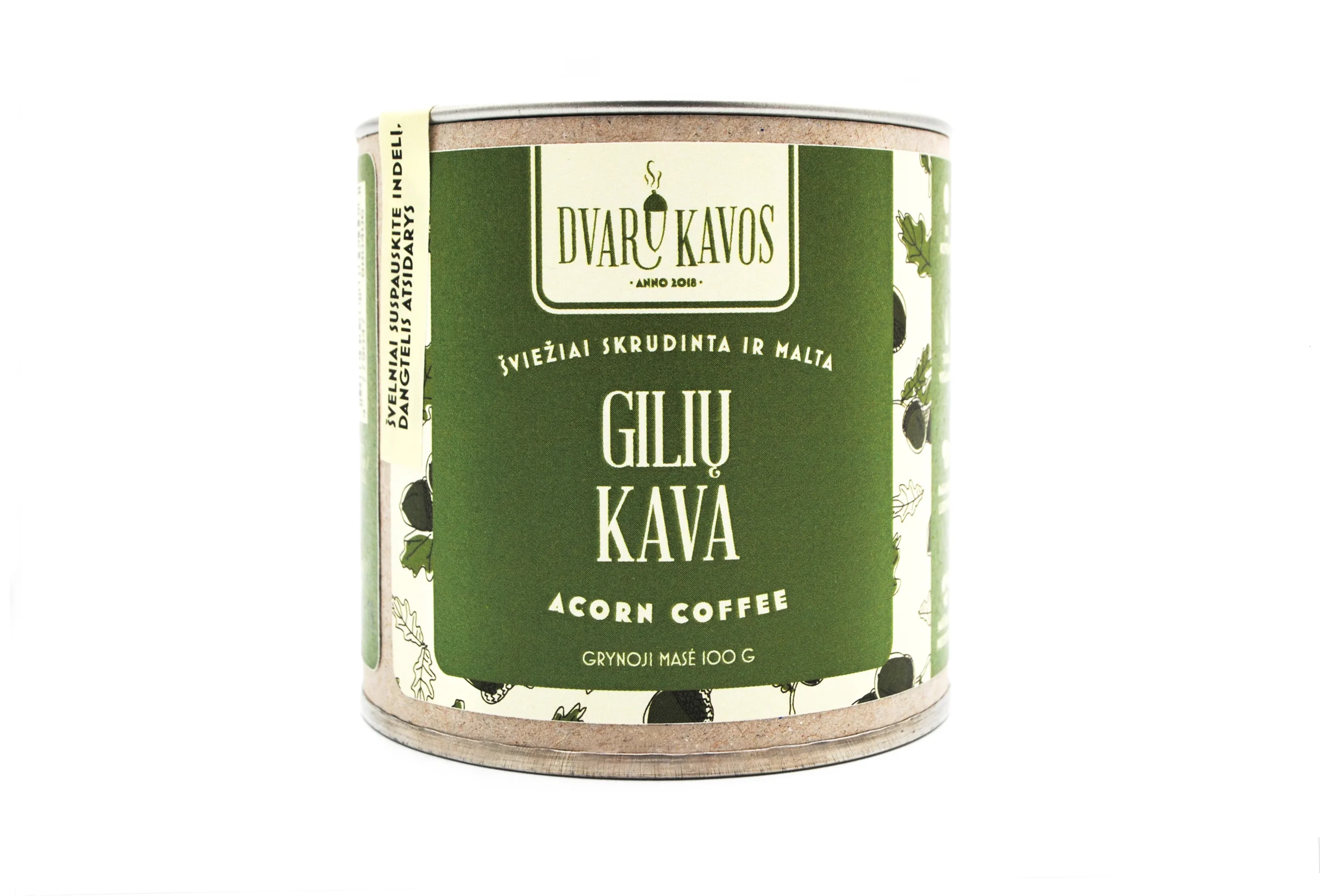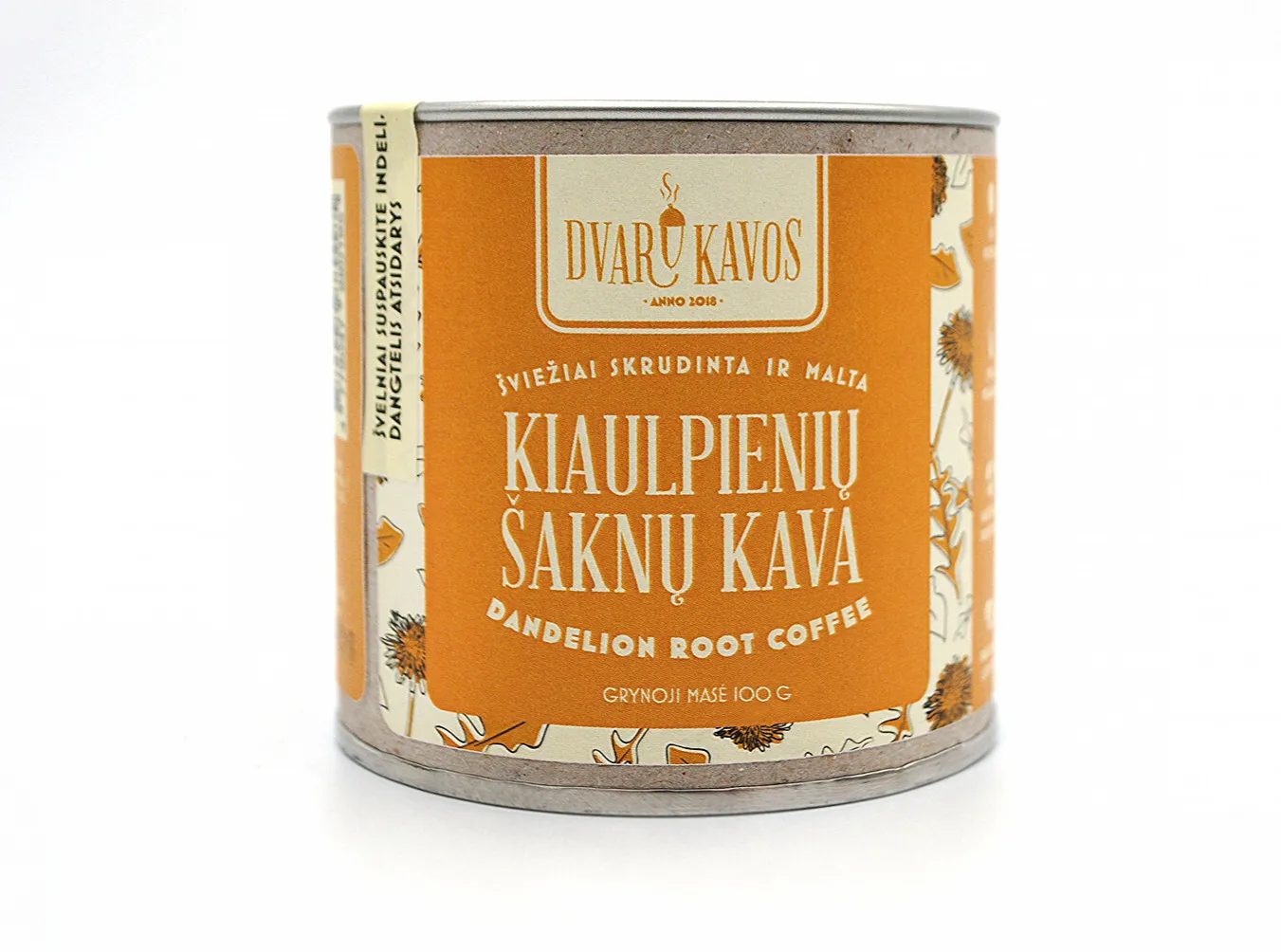Every time we, the Lithuanians, celebrate the 16th of February (the day of the Restoration of the State of Lithuania), we take a fresh look at our life as a citizen of a free, independent state. We are grateful for those who made up their minds in 1918, who looked to the future with light and hope, and here we are today, with the freedom to choose how to live our lives, the right to speak and to create, and the vision of opportunity and unity even in the face of the greatest challenges.
On the other hand, with the fatigue of our modern, fast-paced lifestyles, there is a growing desire to draw inspiration and wisdom from the past. Curiosity about how historically important figures lived and strengthened their lives, and to what extent their lifestyles may have influenced historically important decisions, visions and twists of fate.
Dr. Basanavičius (a physician and ethnologist, leader of the Lithuanian National Revival and signatory of the Lithuanian Declaration of Independence), who lived in various countries, promoted a healthy lifestyle and had a doctorate in medicine, is said to have greeted the dawn every morning with coffee made from acorns and other roasted roots. He replaced the usual coffee beans with these alternatives because he suffered from high blood pressure, heart palpitations and other health problems (N. Nezabitauskis, „Basanavičius”, 1938). And what other coffees could the Lithuanian Patriarch have drunk, if not from seeds or roots gathered in our meadows and forests?
Together with Viktoria’s mother, chemist Bronislava Butkute, the „Dvaro kavos” team will explore the most popular Lithuanian coffees that have been around for a long time and have health-promoting and body-cleansing properties – roasted acorn, burdock and dandelion coffies.
Acorn coffee
The acorns of the oak tree (Quercus robur) have long been used as a highly nutritious food, as a base for bread dough, and as a coffee substitute. They have also been used traditionally in medicine as an astringent for diarrhea and poisoning. Acorn coffee was used to treat those recovering from illness, weak or discouraged.

With a large number of bioactive compounds and polyphenols with surprising antioxidant activity (tannins, ellagic acid, etc.), acorns, with their many trace elements, carbohydrates, amino acids, proteins, lipids, and a variety of sterols, are now being rediscovered as a source of functional foods.
The high content of bioactive compounds, their activity, antioxidant, anticarcinogenic and cardioprotective properties and their application in the treatment of certain diseases are increasing the interest in including acorns in the human diet.

Acorn coffee is made from hulled, soaked and gently roasted acorn kernels. It is well known that roasting acorns only enhances their bioactive properties.
A research paper published in 2007 compared acorns dried and ground at room temperature with acorns heated to 200°C. The heat-treated samples contained significantly more non-tannin phenolics, including gallic acid, and a decrease in tannins – due to this degradation and the resulting increase in non-tannin phenolics, the heat-treated samples have a higher antioxidant activity than the unheated samples and a significantly more palatable flavour due to the reduction in tannic astringent substances.
Burdock root coffee
The great burdock (Arctium lappa L.) is highly valued in the biological and medical fields for its phenolic compounds and terpenes, substances with antioxidant, antimicrobial, anti-tumour and anti-inflammatory properties. Anti-inflammatory, gastroprotective, hepatoprotective effects, efficacy against skin rashes, ulcerative colitis, anti-ageing and cytotoxicity are actively studied.

Based on research, we can safely say that roasted burdock root coffee is the perfect choice for an afternoon cup after a hearty lunch, a hectic weekend or when you need a fresh start.
The physicochemical properties of burdock tea processed by steaming and roasting were investigated to assess the potential for processing burdock. It has been shown that roasting only increases the antioxidant capacity and the total phenolic content of the burdock roots. Studies have also shown the hepatoprotective effect of burdock root extracts on the liver.
Inulin, which is found abundantly in burdock, has antiviral and antibacterial properties, and is a water-soluble dietary fibre that swells in the stomach and gives a feeling of satiety. Once in the intestine, inulin acts as a prebiotic, stimulating the growth of good bifidobacteria and lactobacilli. The health benefits of inulin have been extensively researched and its multifaceted beneficial effects on the body have been confirmed:
- binding and regulating blood lipids („bad” LDL-cholesterol and triacylglycerol);
- hypoglycaemic effect: stabilises blood sugar levels;
- protective effect on the gastrointestinal tract: stimulates the growth of bifidobacteria, improves the resistance of the intestinal wall and the patency of its contents;
- reduces the risk of many gastrointestinal diseases (ulcerative colitis, Crohn’s disease, colorectal cancer);
- aids in the absorption of minerals, especially calcium, iron and magnesium;
- regulates appetite;
- strengthens the immune system.
The aphrodisiac properties attributed by scientists to its abundance of flavonoids, saponins, lignans and alkaloids make burdock a natural aphrodisiac (!), stimulating sexual desire and response by increasing testosterone levels.
Dandelion root coffee
Dandelion (Taraxacum officinale) is known in folk medicine as the ‘root of life’ and is used to improve general wellbeing, prevent arteriosclerosis and improve digestion.
Recently, the chemical, pharmacological and toxicological properties of this plant have been extensively studied worldwide and its therapeutic properties have been demonstrated in clinical trials. Eighteen phenolic compounds have been quantified in dandelion roots, including chlorogenic, caffeic, syringic and vanillic acids. The roots also contain carotenoids (lutein), fatty acids (myristic acid), minerals, sugars (fructose, glucose, mannitol), vitamins, mucilages and pectic substances.
Studies show that dandelion root is a good source of natural antioxidants and can help prevent cellular damage caused by free radicals. Free radicals accumulate from polluted air, poor diet, stress, smoking and other external factors, and are particularly high during the winter months when there is less outdoor activity.

Dandelion root coffee has a beneficial effect on cardiovascular risk factors such as obesity, high cholesterol and excess free fatty acids.
Like burdock root, dandelion root contains a high concentration (up to 40%) of the fibre inulin, which helps to establish good bacteria, promote their growth and restore normal intestinal microflora. Inulin also regulates blood sugar levels.
All the acorn and root coffees produced by „Dvaro kavos” are roasted, a part of the process that requires the least amount of work and time to find the optimum time and temperature to obtain the best flavour and aroma and to enhance the properties of the bioactive compounds.
Preparation
There are several ways to prepare an acorn coffee.
The first one is fast and simple:
- add 1 teaspoon of coffee to a cup, cover with boiling water or your favourite milk, simmer for 5-7 minutes.
The other way is the traditional way, for those in less of a hurry:
- boil 250 ml of water, add 1 teaspoon of acorn coffee and simmer for 3-5 minutes. Add the same or less milk and boil for another 1 min.
A modern method suitable for cafés is to use a coffee machine to make coffee like regular coffee. You can add honey, butter or cinnamon to your coffee.
Both burdock and dandelion coffees are simple to prepare:
- add half or a full teaspoon of dandelion juice. A teaspoon or half a teaspoon of coffee in a cup.
- Pour in hot water, stir and steep for 5-7 minutes.
- Add your favourite milk.
- Goes well with honey, butter, cardamom and/or cinnamon.
Flavours
Deep coffee has notes of walnuts, milky caramel and rye bread.
Dandelion coffee has a bitter-sweet taste reminiscent of cocoa, and the aroma can be reminiscent of earthy after-rain and caramel.
Burdock coffee has a slightly richer, earthy, stronger coffee flavour with a hint of liquorice. Enjoy!
Sources:
Comprehensive Reviews in Food Science and Food Safety;
The Scientific World Journal;
Food Chemistry;
Journal of biomedical science;
Korean Journal of Food Preservation
© Copying and distribution of visual and textual information contained on the website www.dvarokavos.lt is prohibited without the consent of MB „Užupių manufaktūra”. If you have any questions regarding the use of the information contained on this website, please contact us by e-mail: info@dvarokavos.lt

